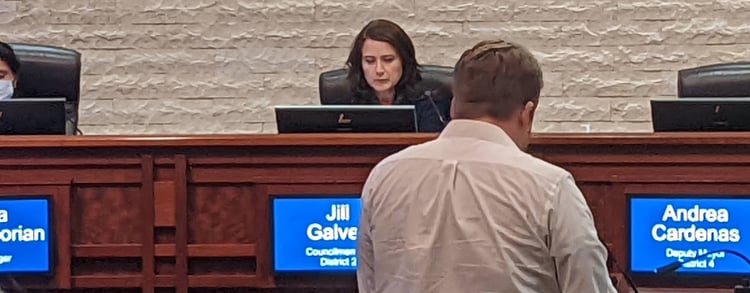
In the aftermath of emergencies, the real estate industry in California faces unique challenges. Understanding the state's anti-price gouging laws is crucial whether you're a sales agent, broker, or property manager. These laws not only protect consumers during crises but also guide professionals in maintaining ethical standards.
Here's what you need to know:
The Essence of Price Gouging in Real Estate
Price gouging occurs when prices for housing, rentals, or other essential services are significantly increased to exploit an emergency. For real estate professionals, this typically relates to the pricing of rentals, homes for sale, and emergency lodging. The goal is to prevent undue strain on those affected by disasters, ensuring access to housing remains fair and equitable.
California’s Stance on Price Gouging
California law, specifically Penal Code Section 396, restricts increasing the price of housing and other essential services by more than 10% following an emergency declaration. This applies to sales, rentals, and services across the board, ensuring that real estate professionals are aligned with legal and ethical pricing standards during critical times.
Timing and Application of the Law
These protections activate immediately upon an emergency declaration by federal, state, or local authorities and are initially set for 30 days. For real estate-related services, like reconstruction and cleanup, the period extends to 180 days. Importantly, officials can extend these timeframes to meet ongoing needs, affecting how properties are marketed and managed.
Staying Informed on Declarations
Real estate professionals should closely monitor emergency declarations to comply with legal requirements. This includes staying updated through the Governor's website and local government channels. Awareness of state and local declarations is key to ensuring your practices align with current regulations. The following locations are under price gouging protections.
Who and What Is Covered?
The statute broadly applies to all entities within the real estate sector, including individuals and companies involved in selling, renting, or managing properties. It covers a wide range of necessities, notably including rental housing, hotels, and motels, ensuring that the industry's response to emergencies is comprehensive and compliant.
Addressing Cost Increases and Violations
If your costs increase due to supplier price hikes, the law allows the cost to be factored into pricing, provided it can be justified. However, compliance with the statute is closely monitored, and violations can lead to severe penalties, including fines and criminal charges. Ensuring transparency and fairness in pricing is crucial to avoid legal repercussions.
Role of Real Estate Professionals in Compliance
As gatekeepers of housing and essential services, real estate professionals have a pivotal role in upholding these laws. This involves adhering to pricing regulations and advising clients and the community on their rights and protections. Your guidance can help navigate the complexities of emergencies, ensuring access to housing remains fair and stable.
Conclusion
For real estate professionals in California, understanding and complying with anti-price gouging laws is essential. These regulations ensure that during emergencies, the industry acts with integrity, maintaining fair pricing and access to housing. By staying informed and adhering to these laws, you play a vital role in supporting communities during their most vulnerable times, reinforcing the ethical standards that define the real estate profession.
This link provides useful guidance for identifying if a state of emergency affecting price gouging in rental housing is in effect. Simply locate your rental property's county on the list and note the code (a letter in parentheses) next to it. Then, refer to the explanations at the bottom of the page to understand which price gouging laws apply to your situation
Important Disclosure
Please note that the information provided in this blog post is for general informational purposes only and does not constitute legal advice. Real estate laws and regulations can be complex and subject to change. While we strive to present accurate and up-to-date information, we cannot guarantee the completeness, reliability, or applicability of the content to your specific situation.
As a real estate professional, it's essential to understand your actions' legal implications, especially in emergencies and price-gouging laws. Therefore, we strongly recommend consulting with a qualified attorney or legal expert to obtain advice tailored to your specific circumstances. Doing so will ensure you navigate these challenges with the utmost compliance and integrity, safeguarding your professional practice and the communities you serve.



-1.png?width=636&name=unnamed%20(2)-1.png)